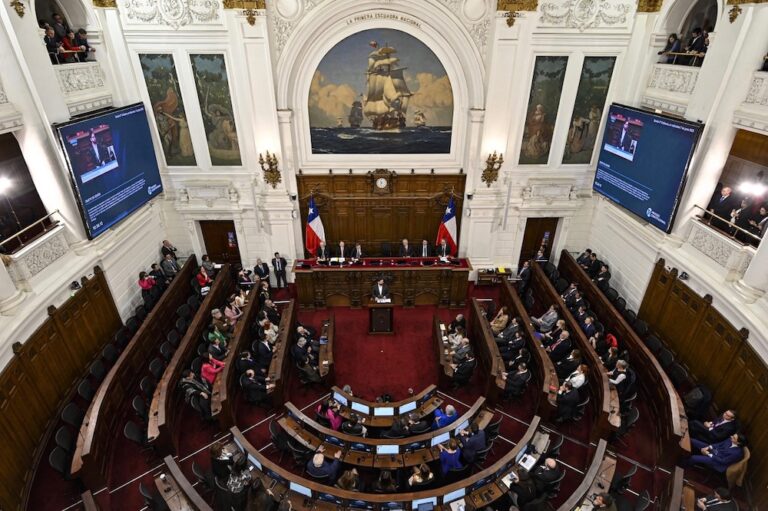(PERIODISTAS/IFEX) – On 10 August 2004, Alberto Luengo, director of the government-owned “La Nación” newspaper, was fired. Luengo was reportedly dismissed for his newspaper’s coverage of a paedophile case that has implicated high-level political figures. Evidence provided in the so-called “Caso Spiniak” has implicated the mayor of Valparaíso and a senator in an abuse of […]
(PERIODISTAS/IFEX) – On 10 August 2004, Alberto Luengo, director of the government-owned “La Nación” newspaper, was fired. Luengo was reportedly dismissed for his newspaper’s coverage of a paedophile case that has implicated high-level political figures.
Evidence provided in the so-called “Caso Spiniak” has implicated the mayor of Valparaíso and a senator in an abuse of minors and child pornography ring. Valparaíso’s mayor belongs to the Democracia Cristiana (DC) party, which is a member of the country’s ruling political alliance. The senator in question belongs to the opposition Unión Democrática Independiente (UDI) party, which has said that the accusations are part of a conspiracy.
According to several journalists’ groups in Chile, the government, as the newspapers’ largest shareholder, was probably bothered by the coverage of the case. The Journalists’ Association (Colegio de Periodistas) said that one of the most worrisome aspects has been “the pressure allegedly applied by the two political parties, the UDI and the DC, to influence the coverage of the case.”
Minister of the Secretary General’s Office Francisco Vidal said that Luengo’s firing was a “reasonable and civilised” action that expressed “the voice of the owner” and that “the editorial stance of a government-owned newspaper has to coincide with the views of the government.”
PERIODISTAS called the action “an arbitrary” move and said the fact that “La Nación” is owned by the government does not justify Luengo’s firing since, according to trans-Andean legislation, the newspaper is autonomous and the issue that the newspaper was covering was of obvious interest to the public.


